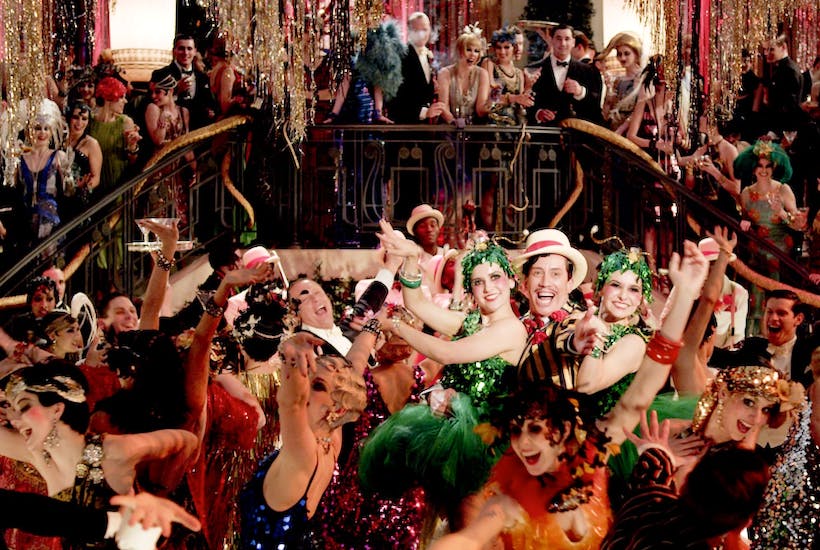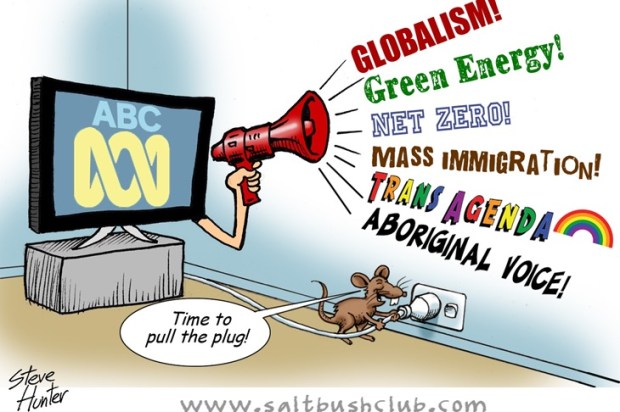A tech bubble eerily similar to the Dotcom crash of 1999-2002 is brewing. This time, fueled by Covid stimulus, social media, zero brokerage trading, and young people with Warren Buffett dreams in Goofy brains.
The last 10 months has been a tremendous time to own technology equity.
The XTX, an index that tracks established and emerging Australian tech stocks is up 150% on its pandemic low. In that time, Nasdaq has seen gains of more than 100%.
December saw $10 Billion of IPOs on the ASX, most of them tech stocks.
It’s been a party, and “Everybody loves a party but, inevitably, after a big party there’s a hangover,” as billionaire Stanley Druckenmiller says.
During the dotcom bubble of the late nineties and early noughties, Nasdaq rallied 500%, trading at 5132 in early 2000 before falling 80% to 1,108 in October 2002. It didn’t return to 2000 levels until 2015.
This time around, the story is much the same, this is a classic bubble. Yet, the driving forces do have some differences; amongst them the gamification of trading platforms.
Empowered by record government pandemic stimulus, cashed up and often unemployed young people are flocking to invest.
“The dark underside of this market is kids staying at home and day trading and buying stocks” explains respected billionaire investor Barry Sternlicht.
In the US, these young people are rushing to zero brokerage game-like platforms such as Robinhood. In Australia, Stake is taking much of the market and offering zero brokerage investing in US equities for Australians.
The average age of a Robinhood trader is 31. Provided with an easy to use, free platform and the opportunity to engage in social trading (social media for trading), culminating in a retail investor boom.
Then, there’s the force of traditional social media.
In the last three years American video game retailer Gamestop has closed 783 stores, 462 of those since Covid. In that time, Gamestop has reported an operating loss of $US1.3 billion.
Yet its stock is up 3,414% in 12 months — 750% in the last 3 weeks.
On Tuesday 26 Gamestop jumped a further 92%.
These jumps came off the back of posts on 2.5 million member youth dominated Reddit page Wall Street Bets, encouraging members to buy the stock to short squeeze Citron fund manager Andrew Left, Left had been critical of the Reddit page.
Elon Musk went as far as sharing the page on his Twitter account.
A brief look at the homepage of Reddit’s Wall Street Bets, provides an insight into the calibre of these traders.
Some posts remind traders that they’ll have to pay capital gains tax on their profits, many are shocked and angry. What kind of video game taxes you when you win?
Others boast of 70% gains on their life savings in one day (of course showing Robinhood as their platform).
Some post screenshots of paying off their student loans.
Others attack “boomer money” as “dirty” and herald themselves as the future of the market.
Some question the stupidity of stop losses (sell orders designed to prevent crippling losses).
All of them, prey on FOMO, sucking others in, ever blowing up the bubble that will eventually run out of new lungs to inflate it.
Wall Street Bets is one of hundreds of thousands of social media pages dedicated to stock market tips, with many now treating them as replacements for traditional financial advice.
And the Gamestop story is one of hundreds of similar mediocre tech stocks not priced on their intrinsic value, rather momentum and speculation; momentum that is helped significantly by record high central bank liquidity, a tap of debt that must eventually be turned off. Yet before it is, this tech bubble is creating some of the biggest listed companies to ever exist, the Elon Musk marketing show that is Tesla is up 649% and Amazon is up 76%.
In Australia, top tech stock Afterpay (up 281%), a loss-making and regulatory precarious business is now a larger stock by market capitalisation than Macquarie Group.
These levels of growth are clearly not sustainable or based on intrinsic value but, rather, a product of a perfect storm.
The sad reality is, that when this tech bubble does burst, it’ll be the hard-working and middle class that suffers the most; super funds, Mum and Dad investors, retirees.
As big tech seeps more and more into control of our political and social lives, it shouldn’t come as a surprise that its collapse may lead to the ruin of our economic lives.
Got something to add? Join the discussion and comment below.
Get 10 issues for just $10
Subscribe to The Spectator Australia today for the next 10 magazine issues, plus full online access, for just $10.


























Comments
Don't miss out
Join the conversation with other Spectator Australia readers. Subscribe to leave a comment.
SUBSCRIBEAlready a subscriber? Log in